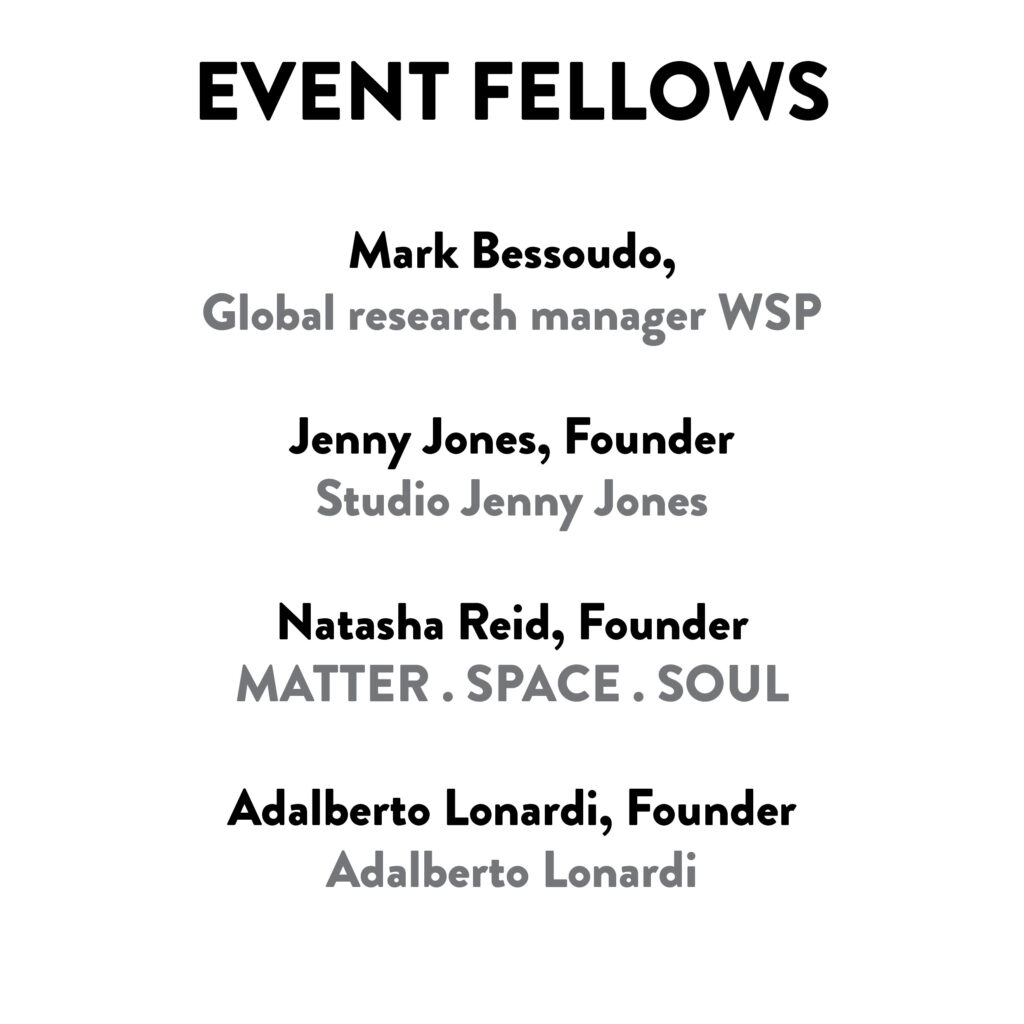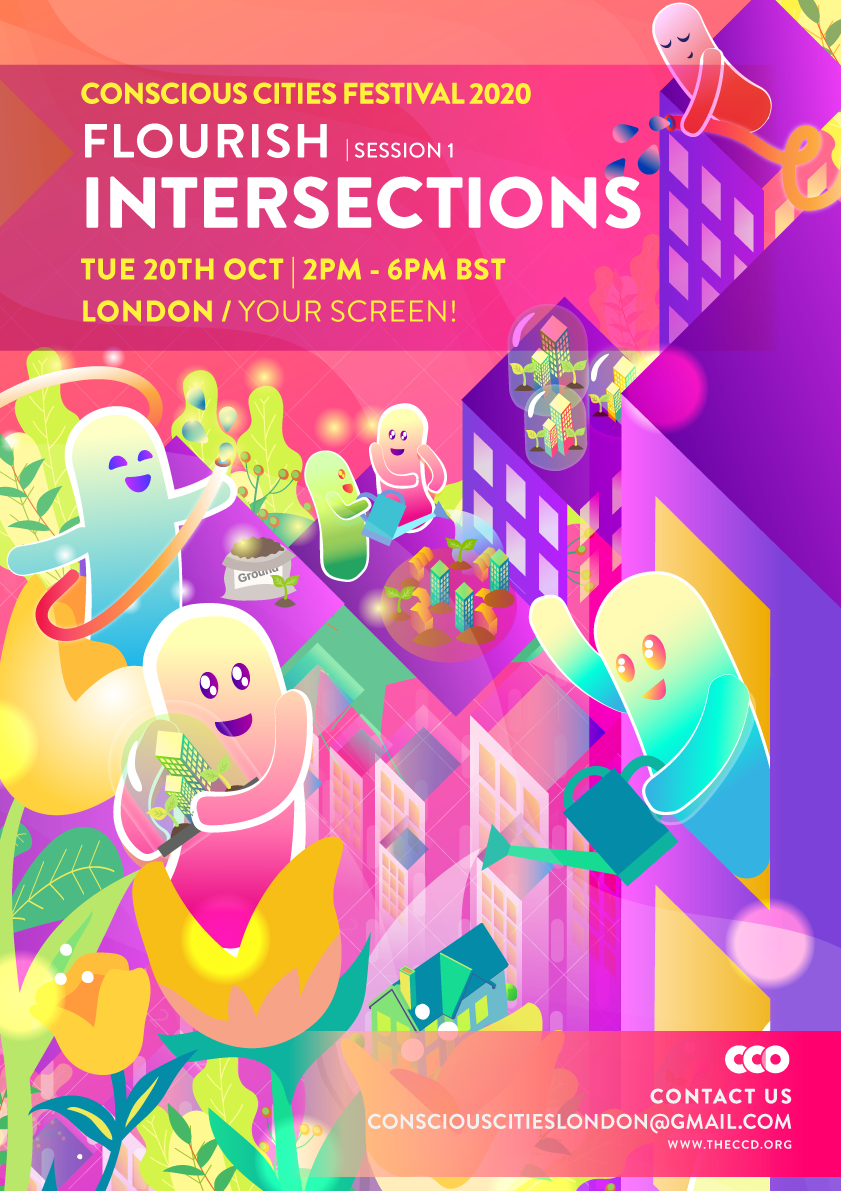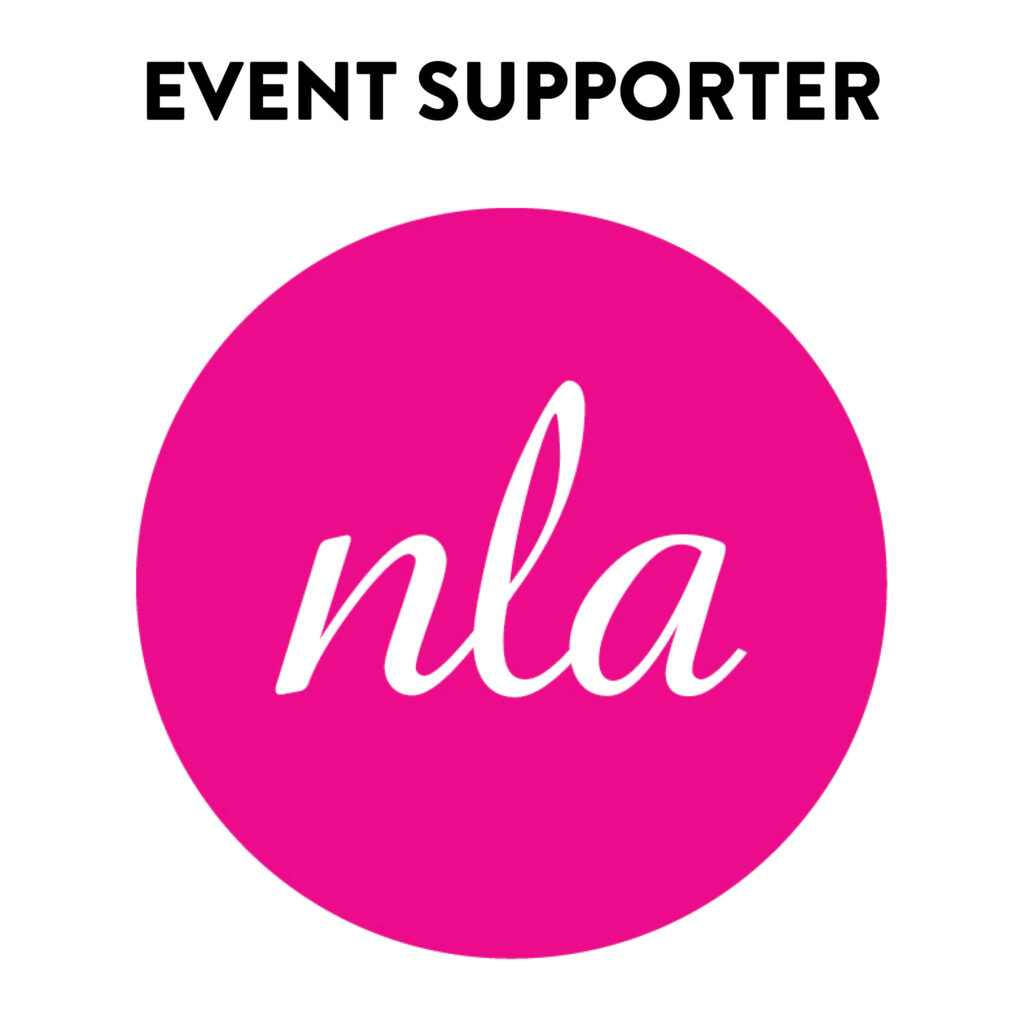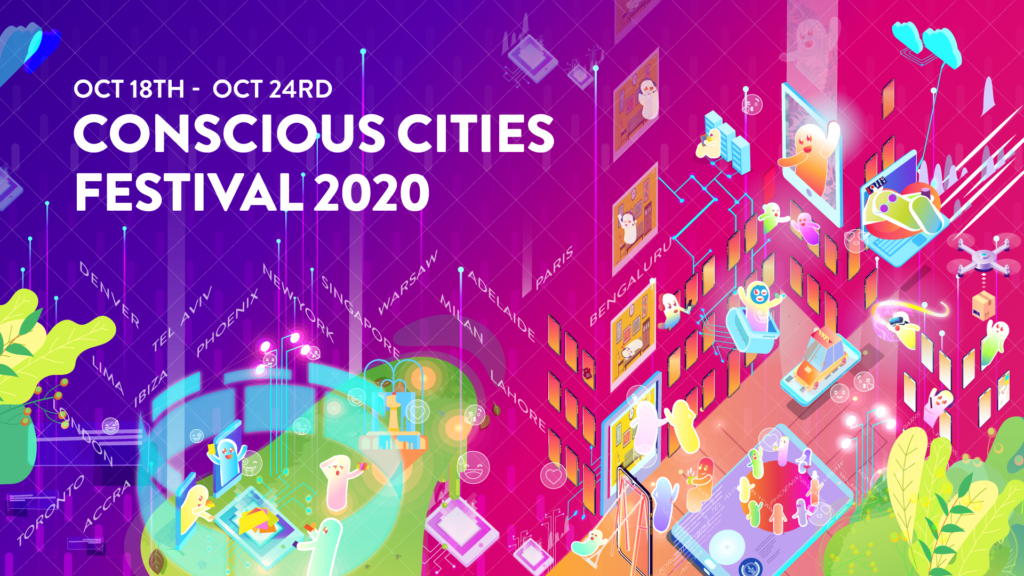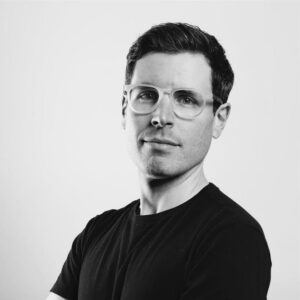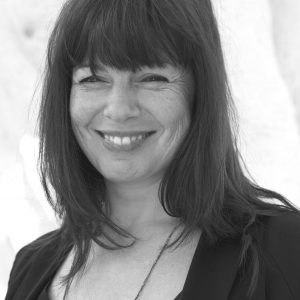People shape places, and, in turn, places shape people.
How can we create cities that better contribute to human flourishing?
Conscious Cities London is bringing together diverse voices from the science, design and creative communities to inform, inspire and agitate ideas of how we can reimagine our urban environments by putting people and planet first.
____________________________
SESSION 1: INTERSECTIONS
Tuesday, 20 October (2:00-6:00pm BST / 9:00am-1:00pm EST)
How can we bring together research in neuro, cognitive and social sciences, with everyday design practice to create more positive experiences for people?
____________________________
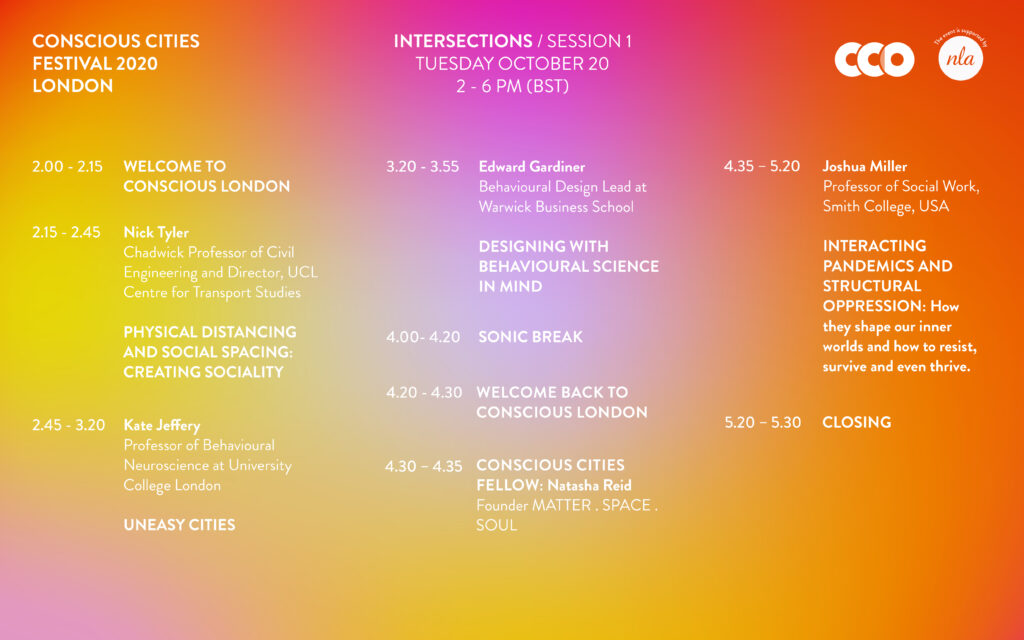
Programme:
Physical Distancing and Social Spacing: Creating Sociality
Nick Tyler (Chadwick Professor of Civil Engineering, UCL and Director of UCL Centre for Transport Studies)
Starting from the principles of Proxemics, which refer to distances between people at which certain activities were observed to occur, this talk looks at the implications of these for the design of spaces for people. Key to doing this is a different conception of time, in which it is seen to move at several speeds at the same time, but which need to be aligned in order to achieve a sense of sociality. A very simple example is given to show how this might affect the design of a social space.
Uneasy Cities
Kate Jeffery (Professor of Behavioural Neuroscience, University College London)
When we move around in our environment we assimilate the layout and the content of our surroundings – what things are located where, what are the paths that connect one place to another etc, and in doing so we form a mental map. We are now starting to understand the neurobiology of this map and in doing so are discovering the importance of the environment in shaping it: in particular, we are finding that some environments aid mapping and some hinder it. In this talk I will argue that poor mental mapping leads to an emotional state I call “spatial unease” – the feeling of not knowing exactly where you are in relation to your wider surroundings. This leads not just to poor navigation but perhaps, more broadly, to a poor sense of ownership and belonging with respect to the city. I will lay out some principles deriving from the neuroscientific study of mental mapping that may help reduce spatial unease and aid in the design of cities that are both easier and more pleasant to navigate.
Designing with Behavioural Science in Mind
Ed Gardiner (Behavioural Design Lead, Warwick Business School)
Good design brings together what is desirable from a human perspective with what is technologically feasible and economically viable. It understands people’s underlying needs to create products, services and places that make life better. Behavioural science is broadly the study of how and why people behave the way they do, drawing on insights and methods from psychology, economics and neuroscience. While design is a traditionally a bottom up process, behavioural science is more top down, but both have people at their heart. Only by combining these methods can we create truly positive experiences for people.
Interacting Pandemics and Structural Oppression: How they shape our inner worlds and how to resist, survive and even thrive
Joshua Miller (Professor of Social Work, Smith College)
This presentation will consider how COVID, Structural Oppressions (e.g. white supremacy), economic downturn and inequality, political threats and climate change interact and affect individuals and communities. What helps people to survive these pandemics and can even lead to thriving? What role can architects, urban planners, engineers and designers play in supporting people amidst so many threats and challenges to their wellbeing?
